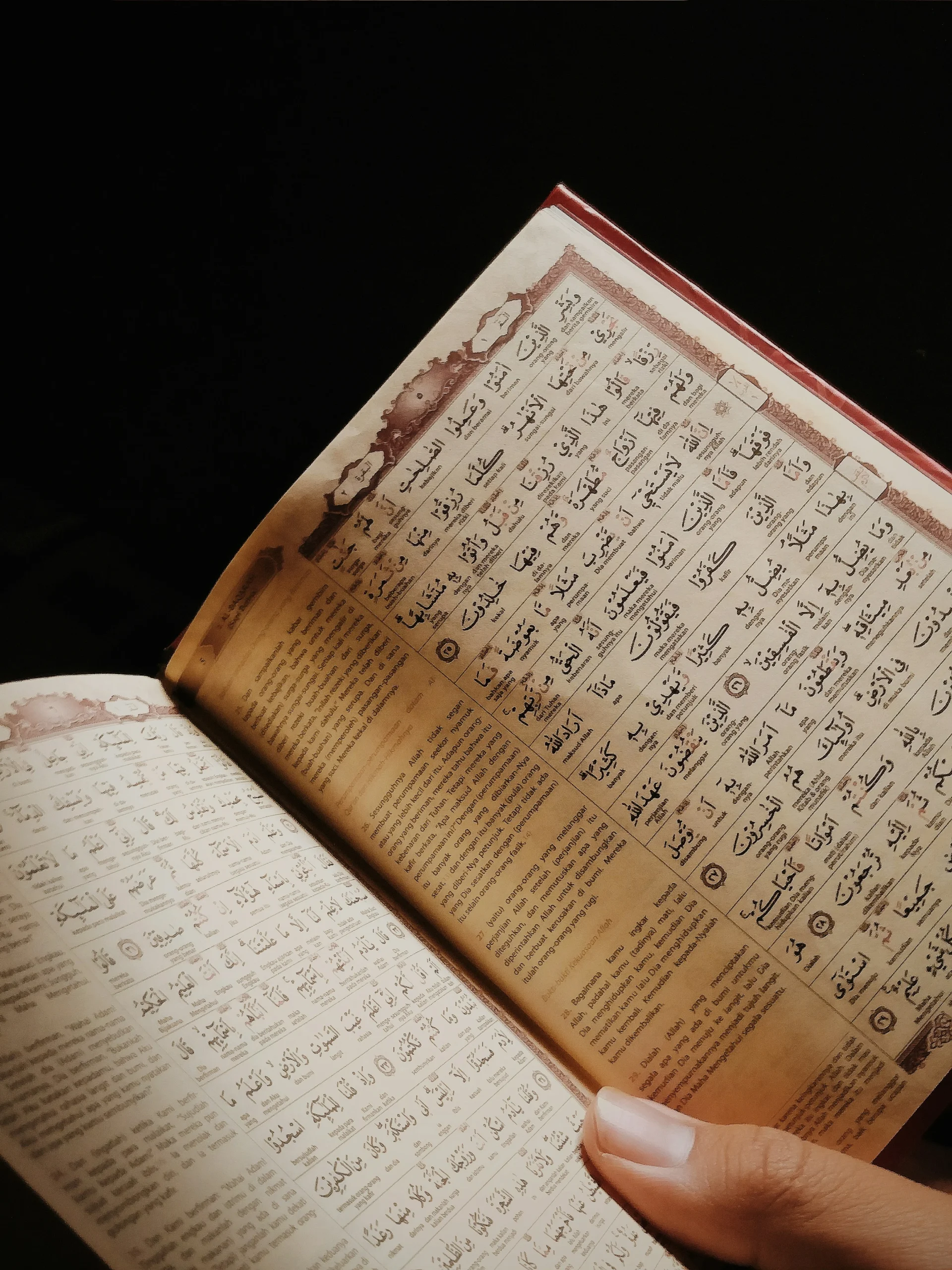
The Qur’an isn’t just a holy book to be recited, it is a divine filled with deep wisdom, law, morality and spiritual insight. But for many Muslims and curious learners, accessing its meaning can be challenging, especially if Arabic isn’t their first language. That’s where translation and tafsir come into play.
Though often used interchangeably, translation and tafsir aren’t the same and understanding the difference between them is essential for anyone who wants to truly connect with the Qur’an’s message.

What is a Qur’an Translation?
Translation refers to converting the Words of the Qur’an from Arabic into another language – English, Urdu, French, etc. Its purpose is to give the reader a general understanding of what the verses are saying.
For example:
Surah Al-Fatiha: ” الحمد لله رب العالمين”
A common English translation: ” All praise is due to Allah, Lord of the worlds”
While helpful, translations aren’t exact because Arabic, especially Qur’anic Arabic, is incredibly rich in meaning. A single Arabic word can carry multiple layers of context, history, grammar and emotion that are hard to fully capture in another language.
What is Tafsir?
Tafsir means exegesis or detailed interpretation of the Qur’an. It goes far beyond literal word-for-word meaning. A good tafsir explores:
- Historical context: why and when a verse was revealed ( Asbab al-Nuzul).
- Grammar and linguistics: The deeper meaning of Arabic structure and vocabulary.
- Scholarly opinions: Views of early scholars like Ibn Kathir, Al-Tabari and Al-Qurtubi.
- Legal and ethical implications.
- Connections between verses and surahs.
Tafsir gives you depth not just meaning. It is what allows you to answer questions like:
- Why did Allah mention a specific word here?
- What was happening during the time of revelation?
- How do scholars interpret this verse differently?
- What lessons can I take from this today?
Why does this matter?
If you only read a translation, you might miss the full picture or even misinterpret the verse. This is especially important when dealing with sensitive or complex verses related to laws, stories of the prophets, or ethical guidance.
Learning with tafsir, even gradually, helps you build a deeper, stronger relationship with the Qur’an. It fosters awe, love and understanding of Allah’s words not just recitation or routine reading.
Understanding the Qur’an is a journey, not a destination. Translation gives you access, but tafsir gives you “depth”. If you are serious about learning the Qur’an- for spiritual growth, personal development or teaching others- take the time to go beyond translation. The more you understand, the more powerful the Qur’an becomes in your life.
Key words:
- Learn Quran Online
- Learn Arabic Language
- Learn Quran Online for Kids.
- Recite The Holy Quran.